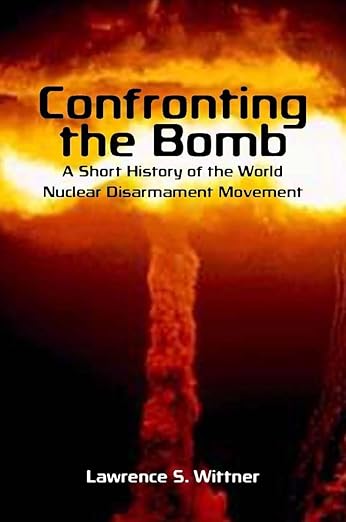UK nuclear power plants rollout may be hit by planning hurdles
Companies bidding for government contracts to build the UK’s first mini-reactors
may find there are factors beyond their control. Britain wants to revive
its nuclear industry. Both the Conservatives and Labour, jostling for
electoral success, see reactors as a way of decarbonising the energy
network, providing a reliable base alongside clean but intermittent wind
and solar power.
But there’s a problem. All but one of the country’s
existing nuclear power stations are set to be decommissioned by the end of
the decade and Hinkley Point C, the only new one being built, is suffering
from budget blowouts and delays. The solution, it seems, is not to think
big but to think conspicuously smaller.
Mini-plants are being touted as a
faster and cheaper way of boosting the country’s nuclear capacity. Six
companies are on a shortlist competing for £20 billion in government
funding to build the nation’s first small modular reactors and in the
next two weeks they will submit final bids. Two are expected to be selected
by the end of the year.
So far, so good, yet there are worries that the
first hurdle may be somewhat easier to clear than what follows. In recent
years planning has been the bane of construction companies of all stripes,
from housebuilders to infrastructure specialists, and there is talk that
the rollout of small modular reactors could be hampered by the same lengthy
regulatory and permission-seeking processes that have beset larger-scale
nuclear projects, in particular.
The first small modular reactor is not
expected to be up and running before 2035. “Planning is a major drain on
the time in the schedule,” said Alastair Evans, director of corporate and
government affairs at Rolls-Royce, the FTSE 100 engineering specialist that
has been promoting its water-cooled reactor for use in the UK for several
years. “There will be lessons that we can learn and the planning
inspectorate can learn from what they have just been through,” a
reference to the ten years taken for the Sizewell C development in Suffolk
to move from initial public consultation to gaining consent. Small modular
reactors can take up the space of one or two football pitches, have a
capacity of up to 500 megawatts and will employ between 1,000 and 2,000 on
site.
Yet it still takes an average of more than four years for so-called
national significant infrastructure projects, which include all power
stations over 50MW, to secure a development consent order, according to the
latest government estimates, an increase from about two and a half years in
2012. Research by Britain Remade, a pro-growth think tank, suggests that
the average construction cost for new nuclear infrastructure that has been
built in the UK since 2000 is £9.4 million per megawatt, adjusting for
inflation. That is more than four times the cost in South Korea, which has
adopted a fleet approach to expand its nuclear capacity. “A key problem
is, if you look at the planning system for nuclear power stations, it is
extremely bureaucratic, slow-moving and paperwork-intensive,” Sam
Dumitriu, head of policy at Britain Remade, said.
He cited the 44,000-page environmental impact assessment that Sizewell C produced as part of its planning application. …………………………….
Times 21st June 2024
No comments yet.
-
Archives
- February 2026 (181)
- January 2026 (308)
- December 2025 (358)
- November 2025 (359)
- October 2025 (376)
- September 2025 (258)
- August 2025 (319)
- July 2025 (230)
- June 2025 (348)
- May 2025 (261)
- April 2025 (305)
- March 2025 (319)
-
Categories
- 1
- 1 NUCLEAR ISSUES
- business and costs
- climate change
- culture and arts
- ENERGY
- environment
- health
- history
- indigenous issues
- Legal
- marketing of nuclear
- media
- opposition to nuclear
- PERSONAL STORIES
- politics
- politics international
- Religion and ethics
- safety
- secrets,lies and civil liberties
- spinbuster
- technology
- Uranium
- wastes
- weapons and war
- Women
- 2 WORLD
- ACTION
- AFRICA
- Atrocities
- AUSTRALIA
- Christina's notes
- Christina's themes
- culture and arts
- Events
- Fuk 2022
- Fuk 2023
- Fukushima 2017
- Fukushima 2018
- fukushima 2019
- Fukushima 2020
- Fukushima 2021
- general
- global warming
- Humour (God we need it)
- Nuclear
- RARE EARTHS
- Reference
- resources – print
- Resources -audiovicual
- Weekly Newsletter
- World
- World Nuclear
- YouTube
-
RSS
Entries RSS
Comments RSS

Leave a comment